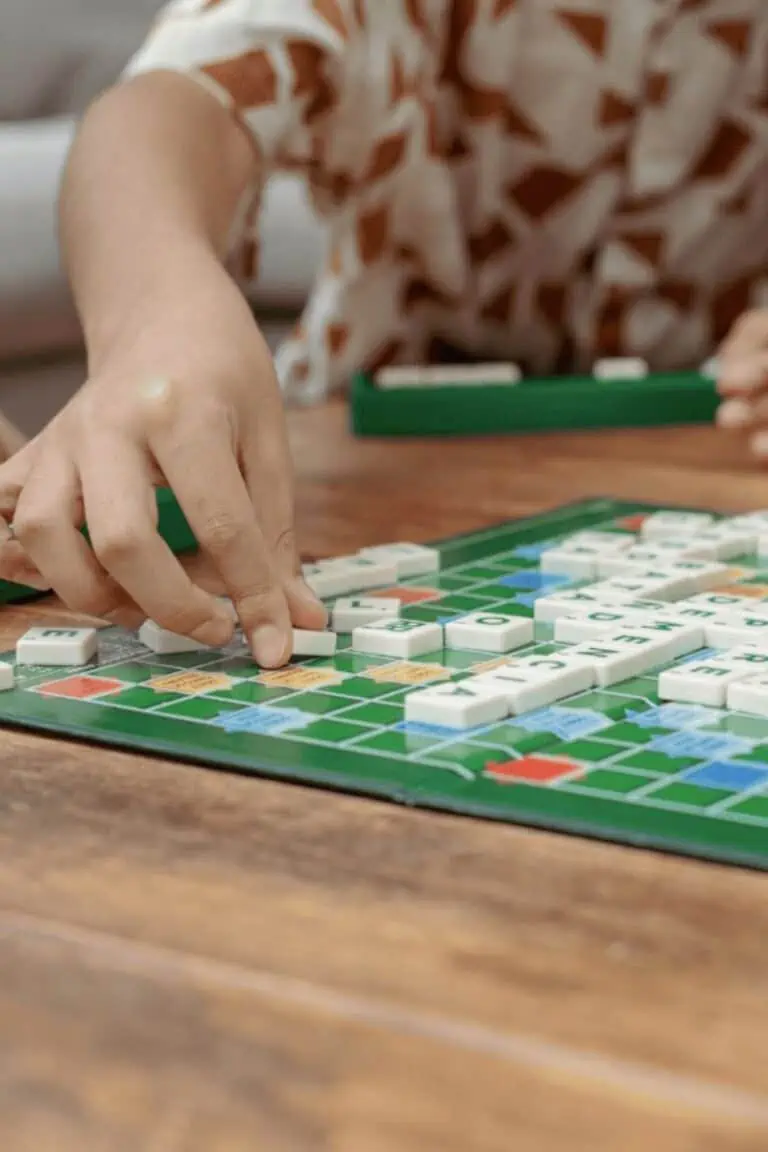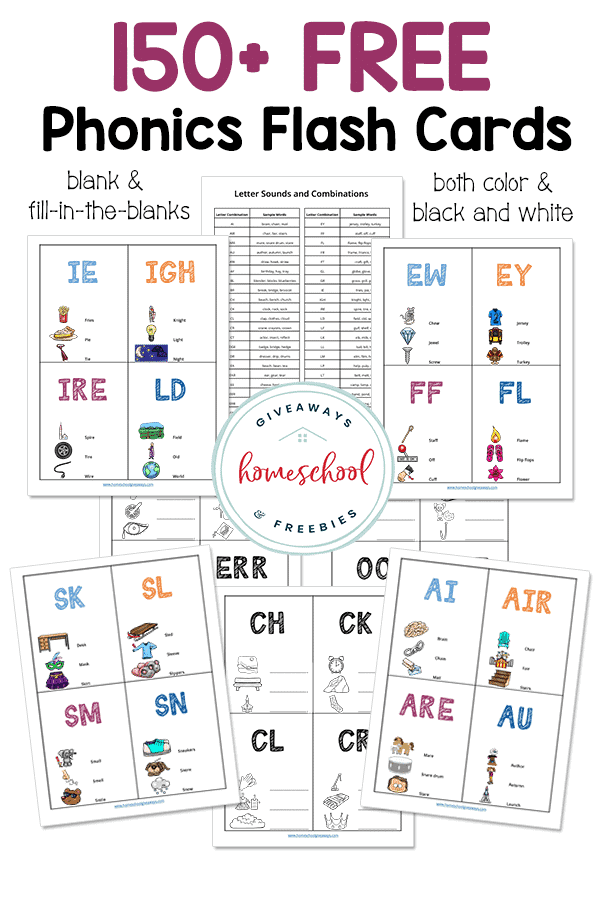The Importance of Teaching Vocabulary in Your Homeschool (FREE Printable)
Published:
April 8, 2019
Contributor:
Jeannette Tuionetoa
Disclosure: This post may contain affiliate links, meaning if you decide to make a purchase via my links, I may earn a commission at no additional cost to you. See my disclosure for more info.
Teaching vocabulary is essential in homeschooling. We can make vocabulary a part of our everyday learning process, and it isn’t that hard to do.
I wanted to share with you some insight on the importance of teaching vocabulary in your homeschool and how to make it easy for your kids to learn new words.
Don’t forget to scroll to the bottom of this post and download the FREE Vocabulary Resource Pack!
What is Vocabulary?
Vocabulary refers to the collection of words that a person knows and uses. Vocabulary development is the process by which we learn new words. I have read that the size of a child’s vocabulary between preschool and first grade is a strong indicator of their reading comprehension in later grades.
That is why it is so essential to build vocabulary skills throughout your reading lessons in your homeschool. I feel as if I have a limited vocabulary because I didn’t learn new words when I was a kid in school; I didn’t start reading full books until college. Ever since then I feel as if I am playing catch up.
I learn new words all the time because I am intentional about building my vocabulary. Knowing new words is a great way to build confidence in your children.
They can easily carry conversations and express how they are feeling much more easily. Having a large vocabulary empowers kids with an invaluable tool that allows them to communicate effectively in life.
You can start building your child’s vocabulary while they are young; that way they are accustomed to absorbing new words even as adults.
There are several ways to incorporate vocabulary in your homeschool setting:
- Expose your kids to new and unfamiliar words over and over
- Teach roots to help your students understand words that use the same root
- Make a goal to teach one new word a day
- Learn synonyms and antonyms for known and unknown (new) vocabulary words
- Use an easy open & go vocabulary curriculum
- Review vocabulary words every few lessons to ensure new words stick in your child’s memory
If you are looking for an EASY open-and-go curriculum that will enhance your student’s vocabulary?
Daily Skill Building: Vocabulary was created with busy homeschooling moms in mind – no teacher guide is needed! There are 5 volumes for elementary and middle school students.
Learning to Spell Vocabulary Words
Add spelling to this curriculum with our companion Daily Skill Building: Spelling. Available for grade 3-7, this new resource weaves in a review of vocabulary terms for a complete, well-rounded word-usage curriculum. Your student will learn how to spell the vocabulary words AND their corresponding antonyms and synonyms.
Ways to Build Vocabulary Skills
Many kids don’t do well with the traditional way of teaching vocabulary, and some do. Some kids learn by studying and writing words multiple times. Other kids need vocabulary activities and games to help them remember.
The fact is, your child will memorize vocabulary words much better and faster if you let them learn by doing. Therefore a combination of these two mechanisms will help develop their vocabulary more effectively.
It may seem difficult for us to teach our children new vocabulary words, but it doesn’t have to be. There are several ways of making it easy for kids to learn new words in homeschool.
Here are a few ways you can start introducing new words in your homeschool:
Assign copywork to build vocabulary
Among the many benefits of copywork, it’s also a way to introduce new vocabulary words for children to learn. Kids can look up unfamiliar words so that they are naturally seeking ways to explore meaning.
Checkout these Free Science Vocabulary Copywork instant downloads.
Choose vocabulary from weekly reading assignments
There is no problem with grabbing random words to build vocabulary. However, taking words from reading materials makes connections to children that really can help them remember what they are learning. Connections in learning are crucial for knowledge building.
Be intentional about how you are building your child’s vocabulary and let it make sense to them by using words they encounter in reading lessons or even other subjects in homeschool.
Use a Word Wall in your learning area
Display your vocabulary words on a word wall or bulletin board to visually help your kids with their vocabulary. Have your kids study the wall throughout the week and remove the words during a weekly vocabulary quiz. Kids will be inclined to remember definitions since they visual see them in their mind from the Word Wall.
Use synonyms to expound on vocabulary words
Have your children search for synonyms for your vocabulary words. They will see how they can find new words for themselves in their writing. When using Daily Skill Building: Vocabulary your children will learn synonyms AND antonyms for many words and this helps expand their vocabulary!
Have your children keep their very own personal dictionary.
In your child’s reading time, have them write down words they are unfamiliar with, and then look up the definitions. Your students can look words up right away, thoroughly read the definition, and then add it to your list of words to learn.
You can use free dictionary resources like “my personal dictionary” or the Free Dictionary Skills Pack we offer for subscribers. There are many Free Dictionary & Thesaurus Resources that you can put to good use as well.
You can get away from memorizing random word lists to focusing on words they see for themselves while reading. Try reading one “old” book in between every new book. Reading older books will force your child to challenge their word knowledge skills and add to their personal dictionaries.
Study Latin and word roots to help with vocabulary.
Studying classical language roots can help develop word association in the English language. Studying Latin and Greek roots can improve your child’s ability to explore unfamiliar words because of their origins. Like I mentioned before, kids learn well by making connections. Root word knowledge helps kids make a connection between meanings to decipher what a word can mean.
You might like –> Free Word Tree Printables for Teaching Latin Roots
Isn’t it amazing that we can build our child’s vocabulary right from home? I love the idea that our children can learn as much as they need to with our guidance. Vocabulary is a skill that we can influence by equipping our kids with reading materials and exposure to new words.
It also puts a little bit of pressure on us, but the reward is limitless. Try some of these ways to introduce new words in your homeschool and watch as your child’s vocabulary grows throughout the years.
We don’t have to wait for a weekly quiz or worry they are retaining the new words they were exposed to. Homeschooling allows you the flexibility needed for you to reevaluate and observe just what your child is retaining and help them through it.
You can grab our Free Vocabulary Resource Pack and put it to good use throughout your homeschool lessons.
This free vocabulary printable includes:
- Vocabulary Definition Lists
- Sentences Building
- Graphic Organizers
- Word Maps, & More!
We created the free resource pack to use alongside our popular INDEPENDENT vocabulary curriculum Daily Skill Building: Vocabulary. You might also want to check out our spelling companion Daily Skill Building: Spelling for a full word-usage curriculum that is open and go (no teacher’s guides needed!).












